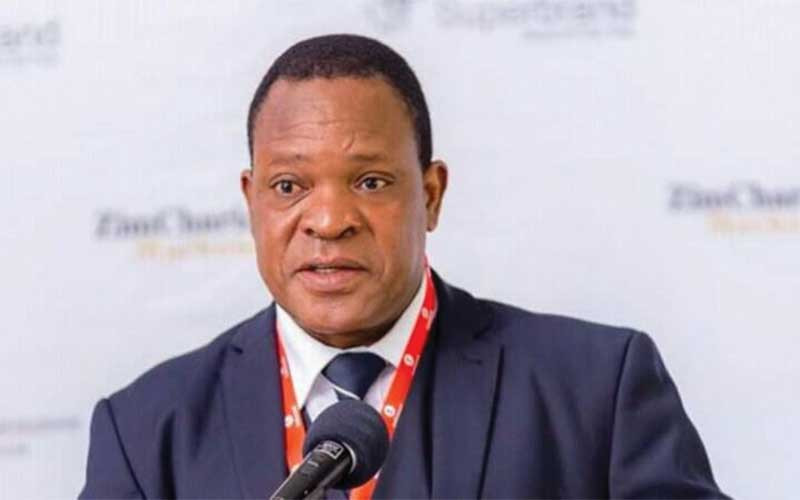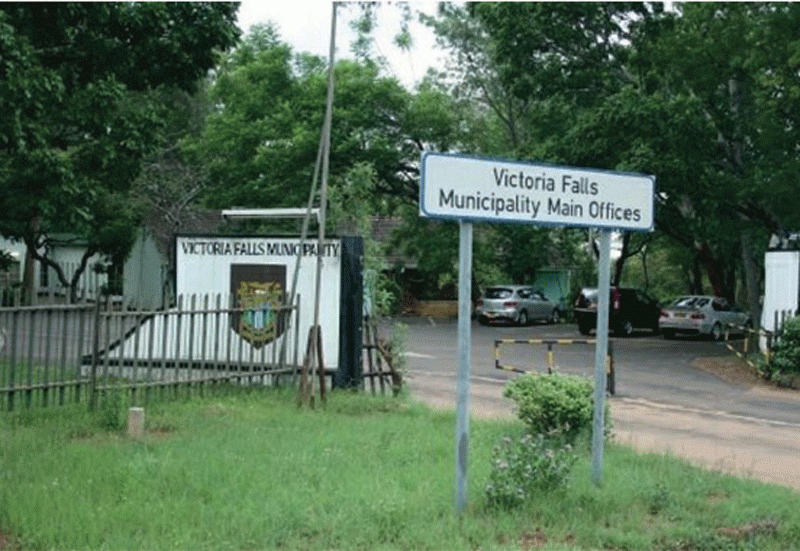
THE 2025 tobacco marketing season officially opened in Harare yesterday, with the government unveiling a stricter regulatory framework aimed at enhancing transparency, ensuring fair trade for farmers and tackling side marketing.
The selling season kicks off amid a wave of new reforms, including the introduction of a biometric grower management system and intensified enforcement measures to curb illegal sales.
Tobacco is Zimbabwe’s top export crop and the second largest forex earner after gold.
In 2024, the country exported over 260 million kilogrammes of tobacco, generating approximately US$800 million. This year, expectations are high that these numbers will be exceeded.
Over 80% of Zimbabwe’s tobacco is produced by small farmers.
The new season opened with prices ranging from US$1,59 per kilogramme for the lowest tobacco grade to US$4,65 per kilogramme for the highest.
“Side marketing is a cancer eating away at the sustainability of our tobacco industry,” Lands, Agriculture, Fisheries, Water and Rural Development minister Anxious Masuka said during the official opening.
“This practice undermines contract arrangements, discourages investors and reduces the benefits that farmers should receive.
- Boustead Beef seeks to end CSC corporate rescue
- Unresolved land tenure dispute stifles Tongaat Hulett project
- Boustead Beef seeks to end CSC corporate rescue
- British investor makes new claim over CSC . . . Boustead says it took over full control of the beef processor in 2019
Keep Reading
“This season, we are stepping up enforcement to protect both farmers and the integrity of our marketing system.”
The government, in collaboration with the Tobacco Industry and Marketing Board (TIMB), has set up a task force to monitor and crack down on illegal sales.
Farmers are being urged to sell their produce through authorised auction floors and contract sales points to ensure accountability.
The minister also assured farmers that they would receive their 70% export earnings in US dollars, with the remaining 30% paid in local currency, in line with the recent 2025 Monetary Policy Statement.
“We recognise the concerns of farmers regarding retention levels and we are working closely with financial institutions to ensure that payment systems are efficient and transparent,” Masuka said.
“As we celebrate another promising selling season, we must also think about the future.
“Sustainability is not just an option, it is an obligation. We will continue working with all stakeholders to ensure that our tobacco industry remains viable for generations to come.”
TIMB chairman Patrick Devenish revealed that the new biometric grower registration system showed the board’s commitment to transparency, efficiency and farmer protection.
“This innovative system links each farmer’s unique grower number to their fingerprints and facial recognition, ensuring that only genuine farmers participate in the market,” he said.
The system, which is being rolled out at 55 licensed tobacco selling points, captures biometric data, GPS co-ordinates of farms and demographic details to create a secure and traceable farmer profile. This is expected to eliminate ghost farmers, curb fraud and protect contracted buyers from side marketing losses.
Farmers who fail to register under this system will not be allowed to sell their produce, as TIMB aims to establish a centralised and verifiable grower database.
Devenish outlined the structure for this year’s marketing season, revealing that two auction floors had been licensed, Tobacco Sales Floor and Premier Tobacco Auction Floor. Forty-three contractors and 32 A-class buyers have been approved for contract sales. Decentralised contract sales will take place at 56 selling points.
“We must maintain discipline in our marketing system,” Devenish said.
“Farmers should ensure they follow proper booking procedures and avoid engaging in unauthorised transactions.”
Farmers remain optimistic yet cautious about the new measures.
“We hope this system (new measures) truly benefits us by eliminating fraud. However, we need more clarity on how it will be implemented across all selling points,” said Moses Nyahuna, a tobacco farmer from Mashonaland Central province.
Another farmer, Stella Chandaona, expressed concerns over pricing.
“We appreciate the government’s efforts to regulate the market, but at the end of the day, what matters most is the price we get for our tobacco,” she said.
“If buyers offer low prices, all these reforms won’t mean much.”






